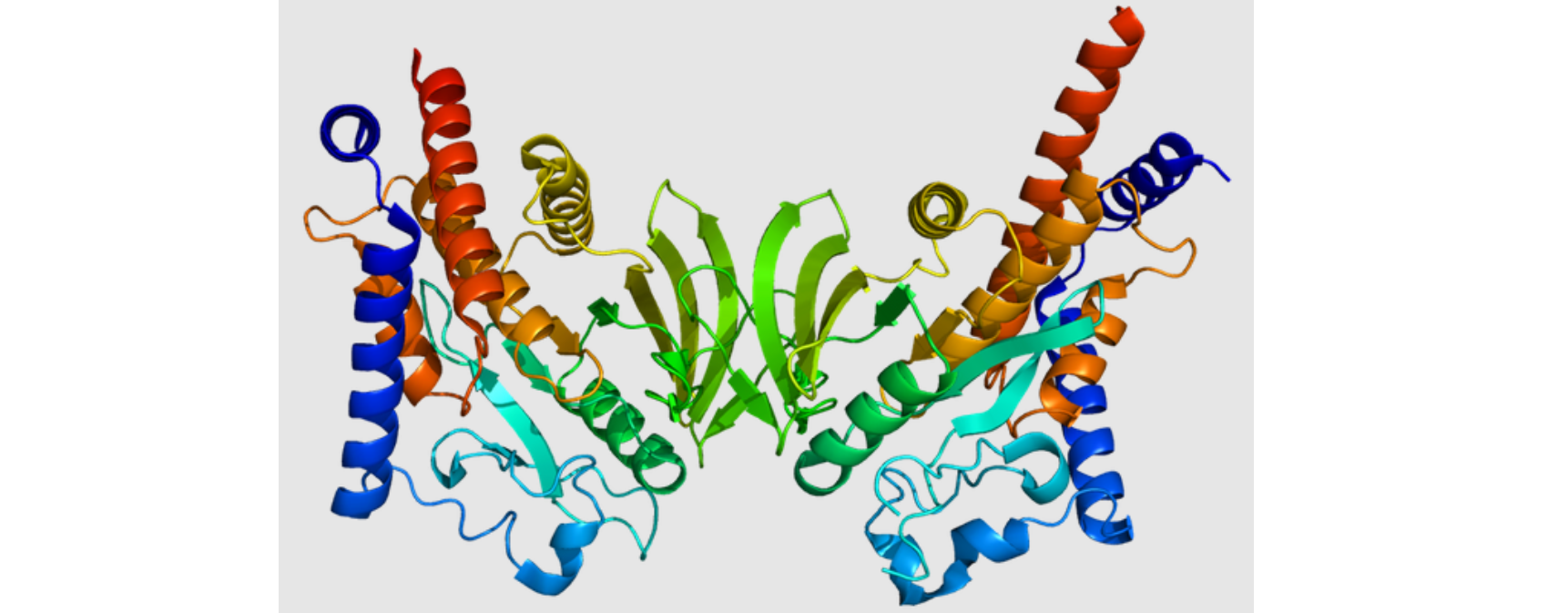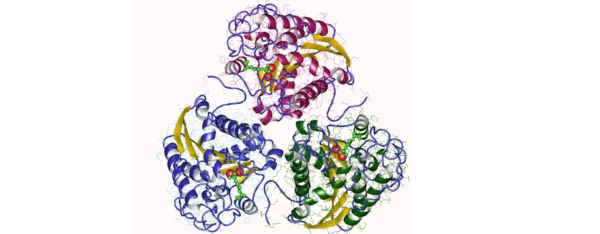Protein tyrosine phosphatase non-receptor type (PTPN) enzymes play crucial roles in cellular signaling pathways by dephosphorylating tyrosine residues in proteins. Dysregulation of PTPN activity has been linked to numerous diseases, including cancer, diabetes, autoimmune disorders, and neurological conditions. Inhibiting specific PTPN isoforms has emerged as a promising therapeutic strategy. The PTPN Targeted Library is a collection of small molecules designed to selectively modulate PTPN isoforms, opening up opportunities to develop novel drugs. In this article, we will delve into the significance of the PTPN Targeted Library and its implications in drug discovery.
PTPN Isoforms and Therapeutic Potential:
The PTPN Targeted Library aims to selectively inhibit specific isoforms of PTPN, considering their diverse functions and implications in various diseases. Several PTPN isoforms have been identified as potential therapeutic targets. Here are some examples:
PTPN1: PTPN1, also known as protein tyrosine phosphatase 1B (PTP1B), is primarily associated with metabolic disorders, including insulin resistance and type 2 diabetes. Inhibiting PTPN1 activity can enhance insulin signaling and glucose metabolism, making it an attractive target for developing anti-diabetic therapies.
PTPN2: PTPN2, or T cell protein tyrosine phosphatase (TCPTP), is involved in immune regulation. Dysregulation of PTPN2 has been implicated in autoimmune diseases, such as type 1 diabetes and rheumatoid arthritis. Targeting PTPN2 can modulate immune responses and potentially provide therapeutic benefits for these conditions.
PTPN6: PTPN6, also known as Src homology 2 domain-containing phosphatase-1 (SHP-1), is a critical negative regulator of immune cell signaling pathways. Inhibition of PTPN6 has been demonstrated to enhance anti-tumor immune responses, suggesting its potential as an immunomodulatory target for cancer therapy.
Significance of PTPN Targeted Library in Drug Discovery:
The PTPN Targeted Library offers researchers a valuable resource to discover and develop selective inhibitors for specific PTPN isoforms. This targeted approach to modulating PTPN activity presents several advantages in drug discovery:
Precision Medicine Approach:
By selectively targeting specific PTPN isoforms implicated in particular diseases, the PTPN Targeted Library enables a precision medicine approach. This approach allows for the development of tailored therapies based on the specific molecular abnormalities associated with diseases.
Isoform Selectivity and Safety:
The design and optimization of small molecule inhibitors in the PTPN Targeted Library aim for isoform selectivity, minimizing off-target effects. This selectivity enhances safety profiles by specifically modulating the desired PTPN isoform without interfering with the normal functioning of other related enzymes.
Therapeutic Potential in Multiple Diseases:
Given the involvement of PTPN isoforms in diverse diseases, the PTPN Targeted Library holds immense potential in developing therapeutics for a wide range of disorders. Targeting PTPN isoforms offers opportunities for exploring novel treatment modalities across various disease areas, including metabolic disorders, autoimmune diseases, and cancer.
Chemical Space Exploration:
The PTPN Targeted Library allows researchers to explore chemical space and apply innovative approaches to design and optimize small molecule inhibitors. This process includes utilizing computational methods, structure-activity relationship (SAR) studies, and medicinal chemistry strategies to improve compound properties, such as potency, selectivity, and drug-like characteristics.
Conclusion:
The PTPN Targeted Library represents a promising avenue in drug discovery, facilitating the development of selective inhibitors for specific PTPN isoforms. By targeting PTPN isoforms associated with particular diseases, researchers can explore novel treatment modalities, including precision medicine approaches. The library not only holds therapeutic potential in metabolic disorders, autoimmune diseases, and cancer but also provides opportunities for chemical space exploration and innovation in medicinal chemistry. Continued research, optimization, and validation of PTPN inhibitors from the library offer the prospect of novel drugs with enhanced therapeutic efficacy and safety profiles, addressing unmet medical needs across multiple disease areas.


